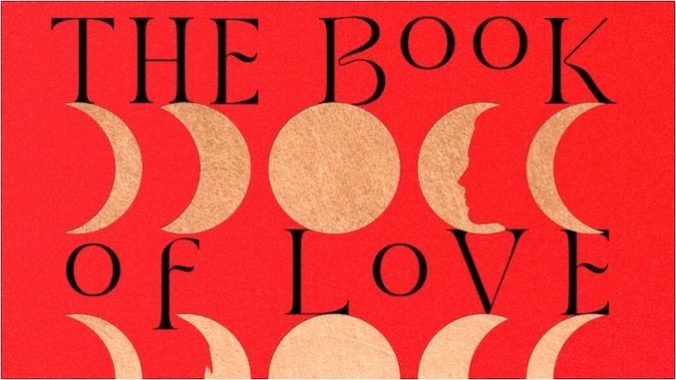The Book of Love: Kelly Link’s Epic First Novel is a Layered, Long Ode to Love In All Forms

Acclaimed author and 2018 MacArthur Fellow, Kelly Link is best known for her short stories. (Her Get in Trouble was a Pulitzer finalist in 2016.) But while her first full-length tome is a break from this norm, the structure, cadence, and style of her debut novel, The Book of Love, mimics the feelings that a short story collection tends to elicit: a rush when we enter a new world with fervor and satisfaction when the disparate stories come together in a shared theme, environment, or event. The Book of Love expertly jolts us into Link’s imagination, where kids come back to life, supernatural beings hold an entire town’s fate in their fingertips, and magic pulses like a current throughout each and every encounter.
Inventive in concept and form, the novel follows four teenagers after they return from the dead. Their fate–whether they go back or stay among the living—is bargained by a chilling arbiter of the afterlife and his magical foil, their high school music teacher. And as the story begins to unfold, we are left with more questions than answers.
This sense of confusion enchants us, a willing choice on behalf of Link to express the essence of the whole book, and of life itself: the more we learn, the more we realize how much we have left to learn. Link’s The Book of Love, just like life, will only reveal to us what we need to know, when we need to know it: new characters appear quite often, established characters take on other bodies, and some characters, it turns out, aren’t even real.
-

-

-

-

-

-

-

-

-

-

-

-

-

-

-

-

-

-

-

-

-

-

-

-

-

-

-

-

-

-

-

-

-

-

-

-

-

-

-

-








































